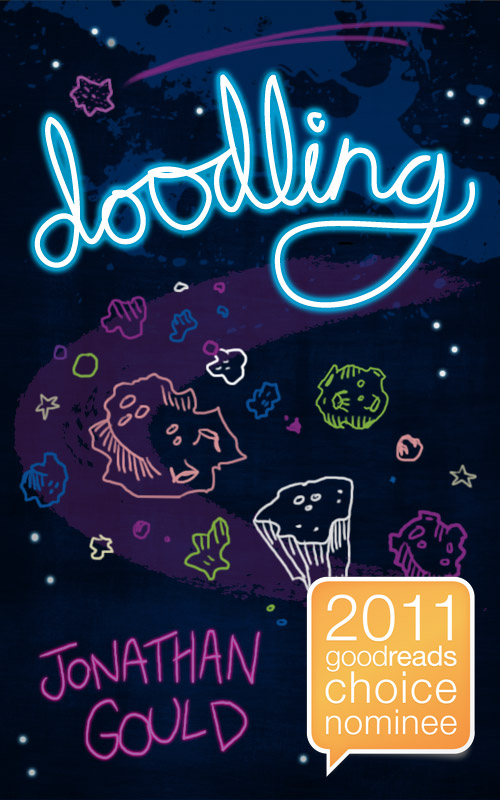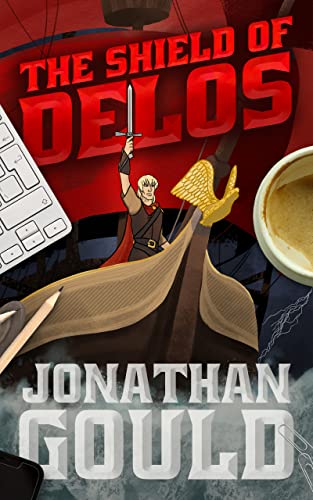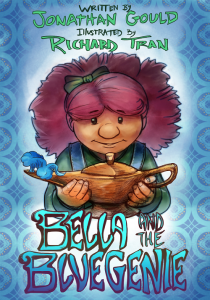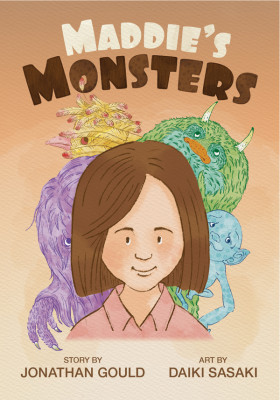When did it all start to be about genres?
The novel is not so much a literary genre, but a literary space, like a sea that is filled by many rivers. – Jose Saramago
It’s about twenty years now since I sat down to write what would turn out to be my first novel. Since then I have completed four others so you would never call me prolific but there are plenty of authors out there who have been remembered fondly by history whose claim to fame rests on the back of five novels or less (F. Scott Fitzgerald, for example). I was in my mid-thirties when I began that first book. In the twenty years prior to that I had composed nothing but poetry. I thought of myself as a poet and would have been perfectly happy to continue being one, however, after a bout of illness which resulted in a three year period of (for want of a better word) writer’s block, I sat down at my father’s desk one day to write a something, an anything; I had no plans to write a novel nor did I imagine I was capable of writing one despite the fact that everyone is supposed to have at least one book in them. The thing is I never sat down to write a psychological thriller or a paranormal romance or a gothic horror. I sat down to write words on a page and to see where they led me. That I ended up with a book-length block of prose came as a great surprise to me. It then got pottered around with for five years and then after a half-hearted attempt to interest an agent or two it got filed away in the proverbial drawer where it languished for another ten years before I decided to take the bull by the horns and do something about it.
At this point I was faced with the prospect of marketing the damn thing which raised a problem: What kind of book was this? Up until that point the bulk of my reading matter could be classified simply as literary fiction. The only crime novels I had ever read had all been written by a literary novelist; I had read three horror novels (again, all by the one writer), no romances, no fantasy (bar The Hobbit when I was a kid) and not much science fiction. I read people like Camus, Kafka, Solzhenitsyn and Beckett for fun. To my mind there were real books and genre fiction and I had written a real book. I wanted to say I’d written a literary novel—because that’s what I aspired to—but even I recognised that it wasn’t highbrow enough. But what exactly had I written?
When I first started promoting that book, Living with the Truth, I said it was a cross between Kafka and Douglas Adams but it was the author Kay Sexton who, in her review of the book, nailed it. Sort of.
In all, this is one of those novels that bookshops must hate: not ‘hard’ enough to be specific, not ‘weird’ enough to be fantasy, too realistic for the humour section and yet too humorous to shelve easily with the lit fic. And that, I suspect is going to prove to be its charm; for those who do read it, it’s a singular take on the world, and it will either resonate with you or leave you cold. … But I can recommend that you try it — if you like distinctive fiction that rings no bells and blows no whistles but creeps up on you with its absurdities, this book will satisfy you, as it did me. – Kay Sexton, ‘Novel Review – Living with the Truth’, 12 June 2008
I’ve quoted this paragraph many times but in my heart of hearts it bothers me because it underlines the fact that I’d produced a book that was neither fish nor fowl and I’ve found that can put people off.
Genres are not new. The earliest recorded systems of genre in Western history can be traced back to Plato and Aristotle. Aristotle’s system distinguished four types of classical genres: tragedy, epic, comedy, and parody and these still stand as the four pillars that hold up all writing. Oh how things have changed. In his essay “‘An Arousing and Fulfilment of Desires’: The Rhetoric of Genre in the Process Era—and Beyond” genre theorist Richard Coe talks about something he calls “the tyranny of the genre” and says that this “is normally taken to signify how generic structures constrain individual creativity.” It constrains creativity because of reader expectation. If you pick up a novel by Catherine Cookson you expect certain things. The same goes for James Patterson or Agatha Christie. Labelling anything is a direct message to the purchaser: This is what you’re supposed to do with the contents of this packet or tin or book, e.g. Empty the contents in a pan. Bring to the boil and simmer for 3 – 4 minutes stirring continuously. If you tell a reader up front that the book he has in his hands is a mystery he or she will read it accordingly and expect certain things from it. People may bitch about rules but the fact is we secretly prefer them; they provide an element of security.
So how do you read a book that’s “not ‘hard’ enough to be spec fic, not ‘weird’ enough to be fantasy, too realistic for the humour section and yet too humorous to shelve easily with the lit fic”? If it’s not all those things then what exactly is it and does it matter?
When Mary Shelley sat down to write the book that would become known as Frankenstein she had in mind to write a horror novel—Mary, her husband Percy, Lord Byron and John Polidori had decided to have a competition to see who could write the best horror story—but what she wound up writing, Brian Aldiss has argued at length, was one of the first science fiction stories. Actually what he says is:
Frankenstein is generically ambivalent, hovering between novel, Gothic and science fiction. To my mind, precisely similar factors obtain even today in the most celebrated SF novels. Heinlein’s Stranger in a Strange Land contains magic; Anne McCaffrey’s dragon novels hover between legend, fairy tale and science fiction. Is Greg Bear’s Blood Music nanotechnological or allegorical? ‘Pure’ science fiction is chimerical. Its strength lies in its hybrid nature. – Brian Aldiss, The Detached Retina, p. 54
To my mind too many authors these days start off on the wrong foot. They do it because they believe it’s necessary and they subsequently sell more books than me because of this; because they considered their audience right from day one, page one. The purist in me looks down on them; the pragmatist is not so quick to judge.
Think of a book this way, though: as a present. I hate Amazon’s wish lists. I think they’re a necessary evil and they make life easier for my American relatives who don’t know me so well. They always buy me something I want and yet I’m always disappointed because it’s something I expected. This doesn’t mean that there’s no comfort to be had in the familiar. I would hate to go to a chip shop and my chips not come generously slathered with salt and vinegar as happened to me once in Edinburgh (where they ask customers if they want salt and sauce as standard). Chips—especially chippie chips—are comfort food; they’re predictable and reliable and may they never change. There will be times when you want a book like that. If I’m sad I’m not going to stick on a CD of Strauss waltzes and marches—I’m going to pick something that suits my mood—and if I’m in a bright mood I’m not going to automatically reach for Bernard Malamud’s The Fixer but there will be times when I want to be surprised and that’s when you don’t want your bog-standard thriller or mystery.
That’s what I liked about Jonathan’s first book—which was the first thing by him that I’d read—because it wasn’t like anything I had read before. It didn’t sit neatly in any pre-existing genre or subgenre, which is why, I guess, he felt the need to concoct his own term (daglit) to describe his style of writing. How would you describe the novels of Franz Kafka? He never invented the term but everyone has some idea what Kafkaesque means and the same goes for Pinteresque, Nabokovian and even Philidickian. My friend, the Irish playwright Ken Armstrong, once left a comment on one of my blogs which began, “I thought this was exceptionally tight piece of writing (even by Murdochian standard)…” and that pleased me no end because it underlined the fact that I had a unique voice.
I personally think that genrification is ultimately damaging. I get it. I know exactly why Amazon has its tag system. There are simply too many books swilling around out there and readers need a way of reducing the lists they’re wading through to something manageable, however, in so doing so many wonderful, wonderful books that are never going to be easily classified end up slipping down the plughole. I don’t know what the answer is other than word of mouth but all that needs to start the ball rolling is one person saying to another, “Hey, there’s this writer called [Jim Murdoch or Jonathan Gould or any of a thousand neglected others] and you should really have a look at his stuff.
Posted by Jonathan Gould and tagged as





